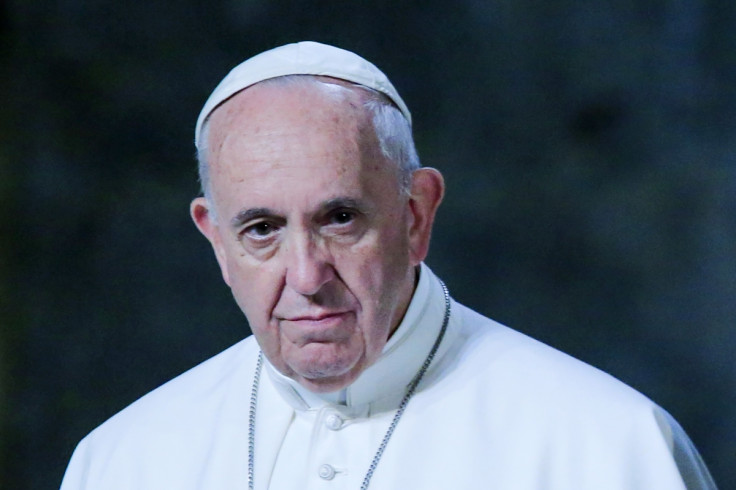Eagerly anticipated document from Pope Francis outlines church's views on gay marriage and abortion

An eagerly anticipated document from Pope Francis has encouraged understanding from the church on matters, such as marriage and acceptance of gay people, but maintained a traditional line on abortion. The Amoris Laetitia (Joy of Love) papal document, based on two Synods, which followed a two-year consultation, did not make any doctrinal changes but rather sought to allow people to be guided by their own morals, leaving much open to interpretation.
It had been suggested that the 79-year-old pope's document would permit remarried divorcees to receive Holy Communion, but this was not outlined in the 60,000-word document. However, discussions around marriage in the nine-chapter Amoris Laetitia did instruct understanding and compassion.
It states: "Many people feel that the Church's message on marriage and the family does not clearly reflect the preaching and attitudes of Jesus, who set forth a demanding ideal yet never failed to show compassion and closeness to the frailty of individuals like the Samaritan woman or the woman caught in adultery."
On the subject of abortion, the document states the church's commitment to its anti-abortion stance, adding that no woman's "right to choose" over what happens to their own body can "justify terminating a life".
It also states that healthcare workers in abortion facilities should exercise their right to conscientiously object to abortion.
The release of the document, which was signed on 19 March, has been keenly awaited by the 1.2 billion Catholics around the world, many of whom were expecting issues, such as divorcees receiving communion, to be more clearly outlined. However, the wording of the document has struck a balance between modernisation and tradition.
The Amoris Laetitia took a marginally more moderate tone towards homosexuality, with the Pope stating: "Every person, regardless of sexual orientation, ought to be respected in his or her dignity and treated with consideration, while 'every sign of unjust discrimination' is to be carefully avoided, particularly any form of aggression and violence."
However, it stopped short of sanctioning unions between same sex couples, and maintained that these were not equal to heterosexual unions.
The document stated: "The Synod Fathers observed that as for proposals to place unions between homosexual persons on the same level as marriage, there are absolutely no grounds for considering homosexual unions to be in any way similar or even remotely analogous to God's plan for marriage and family."
Humanitarian aid, single parents and family relationships were also discussed in the document.
© Copyright IBTimes 2025. All rights reserved.






















